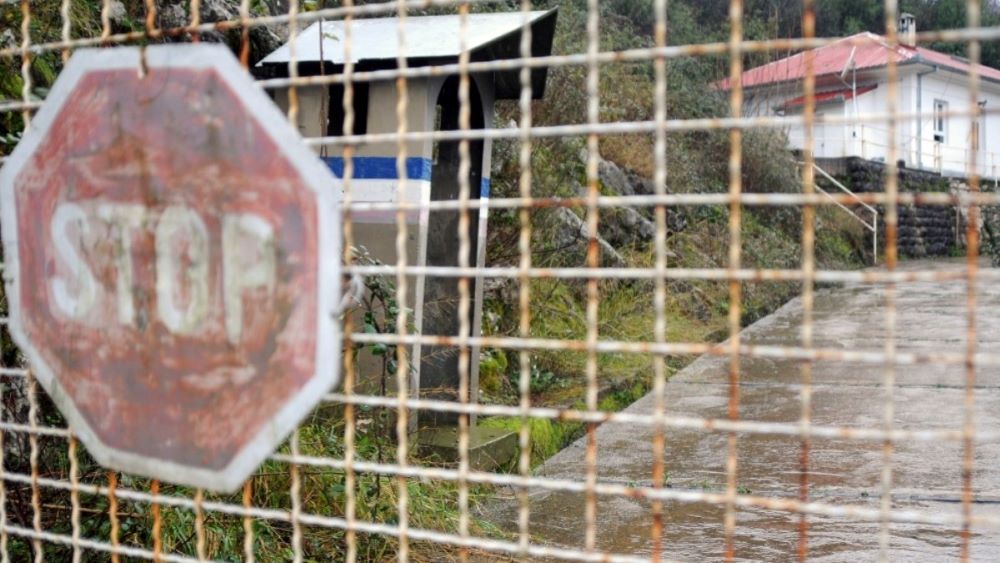Whether it’s a speech in Srebrenica or a sign in Morinj, the past is used for immediate political gain; while that is obvious to most, it is also acceptable.

Miloš Vukanović
A certain level of misunderstanding of terms and processes of transitional justice, dealing with the past, and building a culture of memory among the wider population, is understandable. From the citizen’s perspective, it was another complex process, which dealt with not-so-pleasant matters, and did not bring obvious benefits. With that in mind, two impressions emerge.
The first one is that there was societal, if not support, then acceptance that this process was needed. The second, that the attitude towards building a culture of memory in Montenegro over the past two decades has been fundamentally apathetic. Yes, there has been criticism from the civil sector and from experts regarding facade abuse of this process by the former government, but public reaction was generally lacking.
Today it has become obvious that not everything was as simple. The public may not have been clear and vocal in their support or opposition, but from the perspective of 2022 something else is obvious; there was resistance, significant resistance. Not the direct one, run by the government of the time, primarily through the obstruction of court processes for war crimes, but internal, ubiquitous and continuous.
The resistance to face the mistakes of one’s own past enabled both state and local authorities to obstruct the creation of adequate textbooks, the installation of memorials, but also dulled the edges of criticism. Objectively, it enabled the authorities to carry out the aforementioned obstruction of court processes.
Make no mistake, this is an interdependent process. The government used the lack of will in society to obstruct the understanding of its own responsibility, and the society used the lack of will of the government to expose its responsibility to the light of day.
All warnings from the civil sector that this approach of the government would have a counter-effect both for the state and for themselves, did not yield results. The government was replaced, its mistakes from the past were used against it, even by those who believe that they were not mistakes at all, and subjects from the past were on the agenda again and again and again.
Today in Montenegro, confronting the past and building a culture of memory are political weapons. That is the most obvious consequence of the disastrous two-decade approach, but also the syndrome of a society that has lost its patience, and therefore its own facade of self-imposed politeness.
Whether it’s a speech in Srebrenica or a sign in Morinj, the past is used for immediate political gain; while that is obvious to most, it is also acceptable.
Resistance continues, except now directly and publicly. Whether it is through the views expressed in parliament that all Serbs think that Ratko Mladić is a hero, or through the unspoken view that Montenegrins bear the greatest responsibility for Dubrovnik, the level of critical attitude towards their own responsibility is at an infantile level, and the aggressiveness of loss of social self-control is escalating.
Of course, any diagnosis of the current situation will include the former government, two decades of bad policies towards the issue of transitional justice. It is just not a complete story without facing that fact. In its rapture of accumulation of capital, the former government first of all pandered to the base motives of society; that is, it did not delve too deeply into what the public considers sensitive. And sensitive is a euphemism for one’s own mistakes, extremes, and ultimately crimes.
Dealing with the past is a process that Montenegrin society never wanted, and today it does not like. The unbearable manifestations of this process on today’s political scene are a result of two decades of manipulation, facade approach, but also of their own malignant resistance, which the current parliamentary majority proudly carries.
And when will this process find its way into regular flows? It would be wrong to say ‘when will it be depoliticized’ because every social process is led by politics, one way or another. This time will come in when primary postulates of this procedure will shape politics, and for that, however, a political organization is needed, as well as citizens who will understand it.
Miloš Vukanović is a historian, studying controversial topics of the 20th century



Leave A Comment